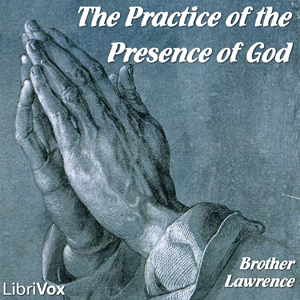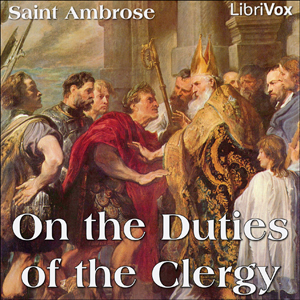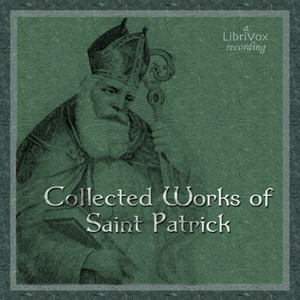- Preface and Introduction
- Book I - Chapters I to IV (Introduction; To what end does government exist among all men?; To actualize the whole capacity of the possible intellect in speculation and action.; To attain this end humanity requires universal peace.)
- Book I - Chapters V to VIII (When several things are ordained for one end, one must rule and the others obey.; The order which is found in the parts of the human race should be found in the race as a whole.; The relation of kingdoms and nations to the monarch should be that of humanity to God.; Men are made in the image of God; but God is one.)
- Book I - Chapters IX to XII (Men, as the sons of Heaven, should follow in the footprints of Heaven.; In order to settle all disputes a supreme judge is necessary.; The world is best ordered when in it Justice is preëminent.; Humanity is ordered for the best when most free.)
- Book I - Chapters XIII to XVI (He who is best adapted for ruling is the best director of other men.; What one agent can do is better done by one than by many.; In every sort of thing that is best which is most one.; Christ willed to be born in the fullness of time when Augustus was Monarch.)
- Book II - Chapters I to IV (Introduction; What God wills in human society is to be held as right.; The Romans as the noblest people deserved precedence before all others; Because the Roman Empire was aided by miracles it was willed of God.)
- Book II - Chapters V to VIII (The Roman people in subduing the world had in view the good of the state and therefore the end of Right.; He who purposes Right proceeds according to Right.; The Roman people were ordained for Empire by nature.; The decree of God showed that Empire belonged to the Roman people.)
- Book II - Chapters IX to XIII (The Romans were victorious over all contestants for Empire.; That which is acquired by single combat is acquired with Right.; The single combats of the Roman people.; Christ in being born proved that the authority of the Roman Empire was just.; Christ in dying confirmed the jurisdiction of the Roman Empire over all humanity.)
- Book III - Chapters I to IV (Introduction; God wills not that which is counter to the intention of nature.; Of the three classes of our opponents and the too great authority many ascribe to tradition.; The opponents’ argument adduced from the sun and moon.)
- Book III - Chapters V to VIII (Argument from the precedence of Levi over Judah.; Argument from the election and deposition of Saul by Samuel.; Argument from the oblation of the Magi.; Argument from the prerogative of the keys consigned to Peter.)
- Book III - Chapters IX to XII (Argument from the two swords.; Argument from the donation of Constantine.; Argument from the summoning of Charles the Great by Pope Hadrian.; Argument from reason.)
- Book III - Chapters XIII to XVI (The authority of the Church is not the source of Imperial authority.; The Church received power of transference neither from God, from herself, nor from any Emperor.; The prerogative of conferring authority upon the Empire is contrary to the nature of the Church.; The authority of the Empire derives from God directly.)
The De Monarchia is one of the main works by Dante Alighieri. It is a treatise on secular and religious power, and more specifically on the relationship between secular authority (represented by the Holy Roman Emperor) and religious authority (represented by the Pope). The work is composed of three books, in which Dante condemns the theocratic conception of the power elaborated by the Roman Church and defends that both the Pope and the Emperor derive their power from God, and, that being so, God gave to each power in one certain area of life, which means they should not interfere with each other's power and one should not be considered above the other. - Summary by Leni
There are no reviews for this eBook.
There are no comments for this eBook.
You must log in to post a comment.
Log in











